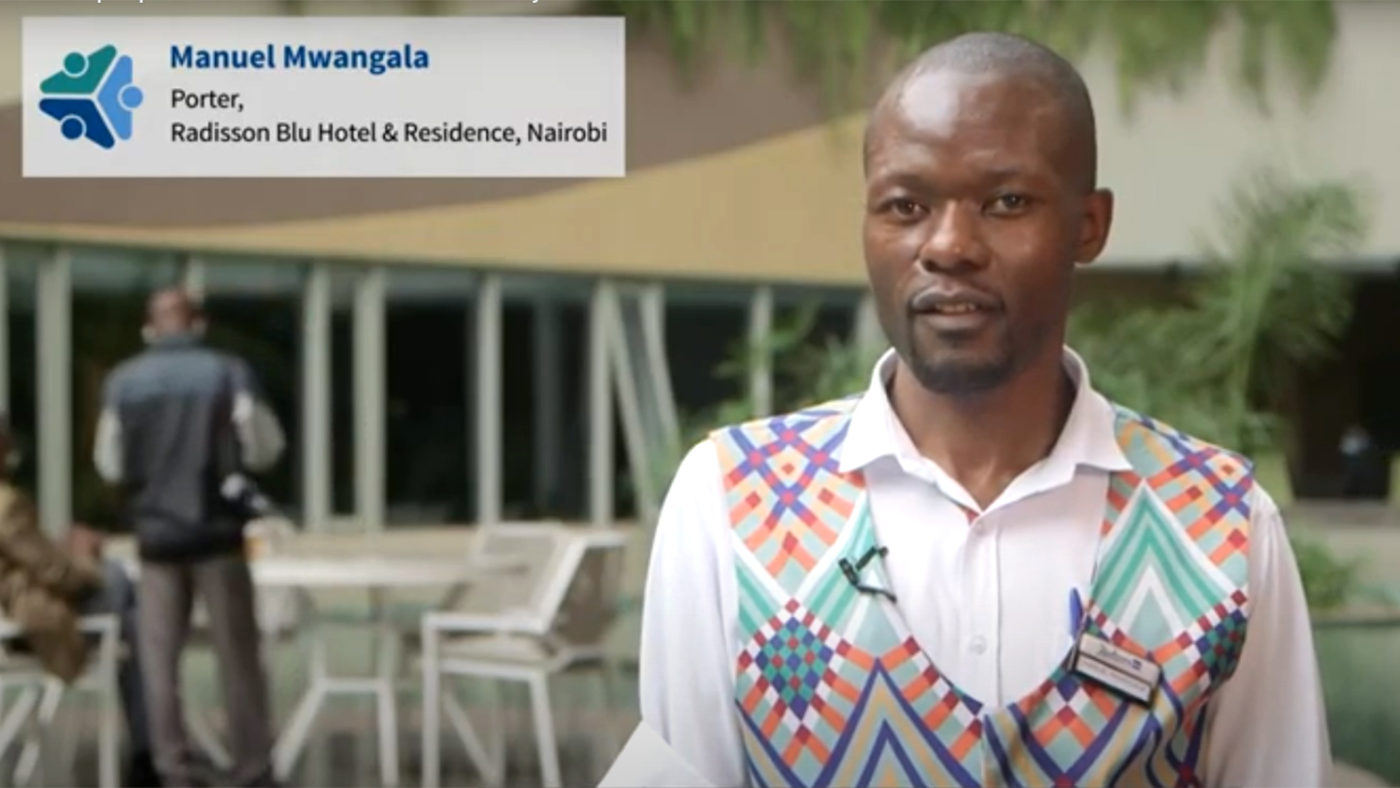How to include people with disabilities in work
Read our learning, expertise and advice from three years of testing innovative approaches as part of the Inclusive Futures employment programme.
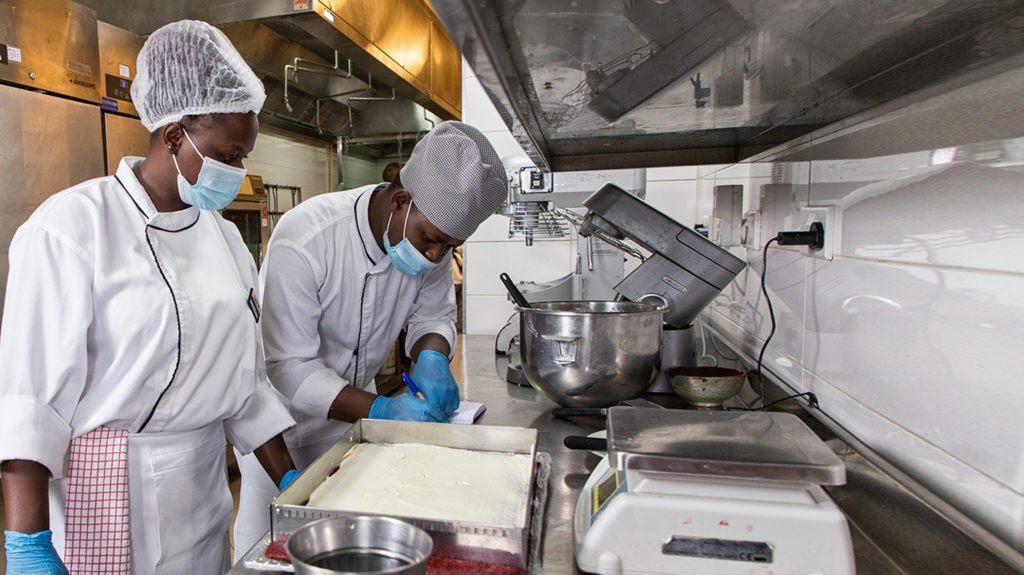
People with disabilities must have equal opportunities to get a job. But in low- and middle-income countries, as few as 12% of people with disabilities are employed.
Inclusive Futures has shown that systems can change to include people with disabilities in the workplace. But commitments and action from business leaders and governments, as well as investment to enable change, are essential to make it happen.
The Inclusive Futures employment programme, funded by UK aid, has piloted new ways to create job opportunities for people with disabilities. Since 2019, we’ve worked with more than 500 businesses and more than 2,300 jobseekers in Nigeria, Kenya, Uganda and Bangladesh. Here’s what we’ve learned.
Start being inclusive: how to act now
How jobseekers can be supported
It is essential to enhance jobseekers’ skills, knowledge and confidence to compete in the job market.
Jobseekers with disabilities face multiple barriers when they are looking for work, such as low self-esteem caused by previous discrimination, as well as additional vulnerabilities when in employment.
Employment readiness plans are individual, and need to adjust to the needs of individuals.
Training and interventions that include personal contact (such as mentorship or interaction with tutors) generally prove more successful.
Many jobseekers with disabilities are keen to be self-employed and seek support to develop business models and access financing.
It is necessary to simplify complex legal information about worker rights for multiple jobseekers with different literacy levels.
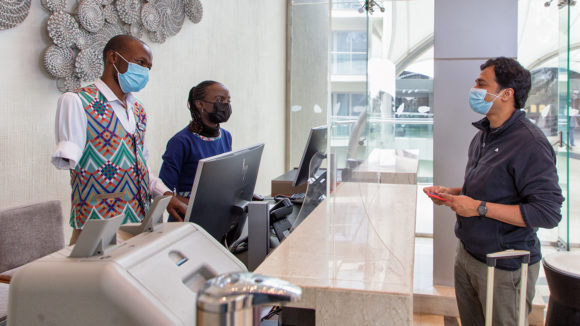
Useful resources
Our guidance will help leaders, HR executives and property managers to foster inclusive workspaces.
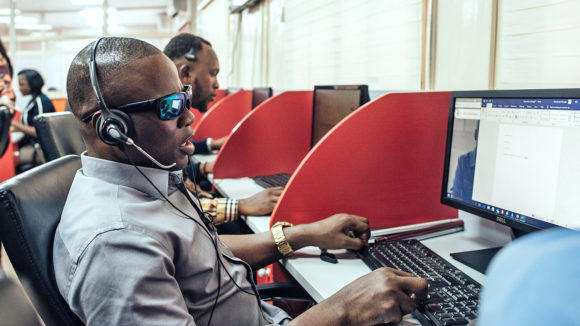
Useful resources
There is a business case and an ethical case for inclusion, and we can help you do it.
How businesses can enact change
Business leaders are essential to drive disability inclusion within their own organisations.
Business and disability networks must be led by the private sector, with organisations of people with disabilities represented at board level, or active as experts who ensure a rights-based approach.
Employers are willing to be inclusive of people with disabilities, but are hindered by a lack of awareness and knowledge on the right way to proceed.
It is possible to raise employers’ awareness and support them to be inclusive, hire people with disabilities and make individual adjustments.
To build good relationships, we must acknowledge that full inclusion may not happen immediately. But non-discrimination and reasonable accommodation must be embdedded from the start.
Almost always, leveraging existing business partnerships, such as disability networks and employers’ associations, is more efficient than founding new ones.
How governments have a crucial role
Governments have a vital role to play in disability inclusion at work, particularly around the sustainability of interventions and holding the labour market system to account.
Governments who have ratified the UN Convention on the Rights of Persons with Disabilities are duty bearers, and it is imperative for them to act.
Governmental institutions, such as ministries of labour, must be involved in programme activities as they fill key roles within the labour market system and facilitate its inclusivity, while holding it to account through regulatory framework.
Programmes should encourage governments to have a holistic approach to disability inclusion. They should avoid focusing solely on labour markets, instead also working on areas such as inclusive education and accessible public transport.
Incentives given to inclusive companies such as tax rebates tend to be more effective than punishment for non-compliance.
National-level advocacy is key, as some high-level decisions must be approved before being implemented at a regional/local level.
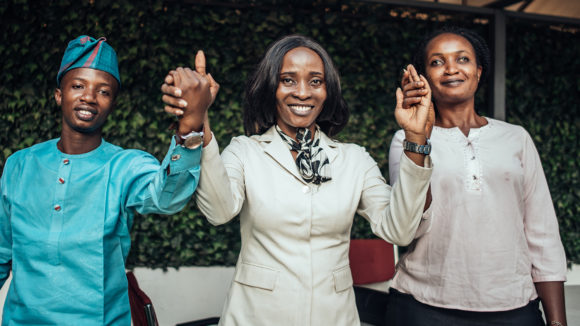
Useful resources
Governments must support companies to help people with disabilities achieve their goals.
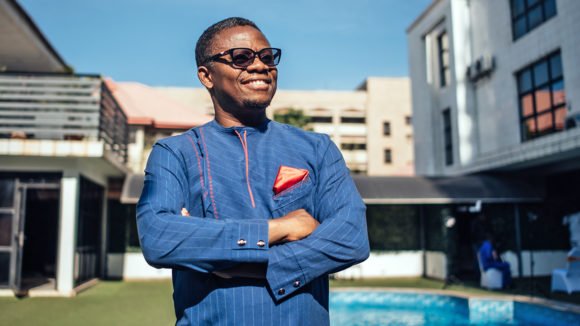
Useful resources
OPDs can provide key guidance as programme partners.
How organisations of people with disabilities (OPDs) can play a central role
Organisations that represent people with disabilities should be supported to lead in providing expertise to businesses.
Programmes should put OPDs at the centre of implementation so they can engage at all levels.
Mutual respect, transparency and collaborative working between the private sector and OPDs are key. Meetings must be systematic and regular.
Inclusive Futures has worked to empower and strengthen OPDs’ capacity and reinforce national disability movements to support their ongoing role in driving disability inclusive employment.
How donors can advance and integrate disability programmes
It has been proven that these systems can change, and they now need to be brought to scale.
Donors and businesses need to continue to finance change and close the gap between people with and without disabilities participating in labour forces.
Inclusivity programmes are expensive because they’re changing systems, but the rewards are permanent.
This work is nation-building. If people with disabilities participate equally in labour markets, the return is astronomical. Our analysis shows that including people with disabilities can add $6 trillion to the global economy.
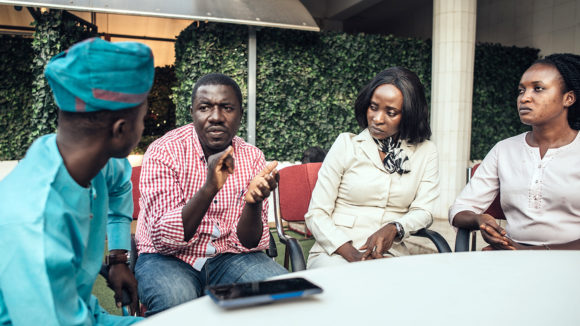
Useful resources
Donors are essential to make lasting change: learn how they can include people with intellectual disabilities.
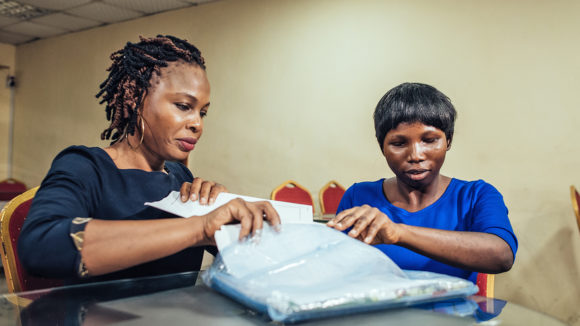
Useful resources
Programmes can tackle stigma by partnering with the media to change perceptions.
How the media can reduce stigma and discrimination
It is important to continue to challenge negative attitudes and incorrect stereotypes about people with disabilities and their ability to work.
Norms and attitudes can be changed, including through the media and by building relationships in communities.
Training journalists has led to increased quantity and quality of coverage and a more empowering approach to portraying people with disabilities.
Media outlets are now more willing to engage, and they are keen to know more about disability.

